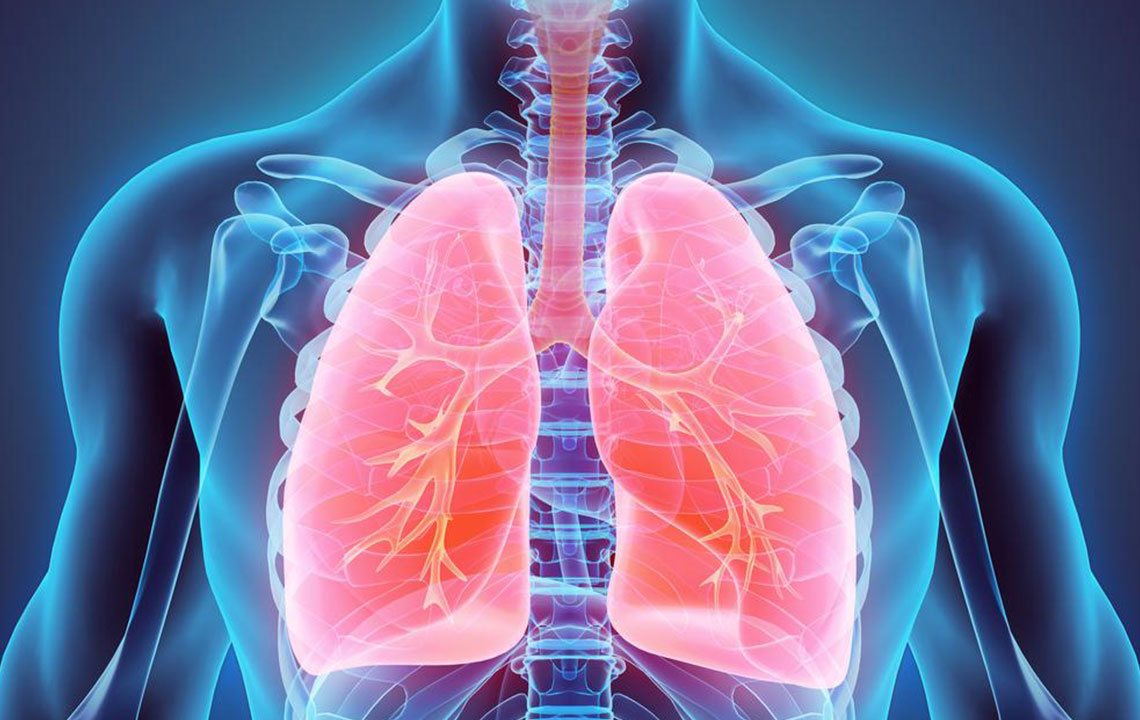Essential Insights into Colorectal Cancer
This article offers comprehensive information on colorectal cancer, including risk factors, symptoms, and treatment options. Early detection is vital as symptoms often appear late. Understanding genetic, lifestyle, and inflammatory contributors can aid in prevention and awareness. Treatment varies by stage, from surgery to chemotherapy and targeted therapies. Regular screenings and medical consultation are essential for early diagnosis and improved prognosis. This overview emphasizes the importance of early intervention and professional healthcare guidance in managing colorectal cancer effectively.

Essential Insights into Colorectal Cancer
Colorectal cancer, commonly called colon cancer, affects the colon and rectum. Age is a significant risk factor, with older adults being more vulnerable. Lifestyle choices, such as smoking and consuming high-fat diets, increase the likelihood of developing this disease. Initially, these growths are benign but can progress to malignancy over time. The main cause is damage to DNA, which disrupts normal cell growth. Genetic mutations, inflammatory conditions like Crohn’s disease, and dietary habits all contribute to risk factors.
Risk Factors for Developing Colorectal Cancer
Inherited gene mutations can elevate the risk but do not guarantee cancer development; they act as catalysts.
Familial adenomatous polyposis (FAP) leads to colon polyps which may turn cancerous.
A diet low in fiber and high in fats fosters microbial changes in the colon that promote cancer.
Signs and Symptoms of Colorectal Cancer
Notably, early stages show minimal symptoms, leading to late detection. Symptoms include bowel movement difficulties, constipation, rectal pain, bleeding, persistent urges to defecate, and changes in stool appearance. Thinner, black stools, abdominal discomfort, and pelvic pain in advanced stages are common signs. Awareness of these symptoms can aid early diagnosis and improve treatment outcomes.
Treatment Approaches for Colorectal Cancer
Depending on tumor size and cancer stage, treatments vary. Early-stage cancers can often be removed surgically with minimal invasion. Stage 0 involves removing tumor tissue from the colon lining. Stage 1 sees deeper tumor removal via surgery; additional treatment is unnecessary if fully excised. Stage 2 involves deeper tissue invasion, often requiring chemotherapy. Stage 3 extends to lymph nodes; combined chemo-radiation therapy is used. Advanced Stage 4 involves metastasis, requiring aggressive surgery and additional therapies like radioembolization and embolization. Consulting healthcare professionals for personalized treatment plans is crucial.










